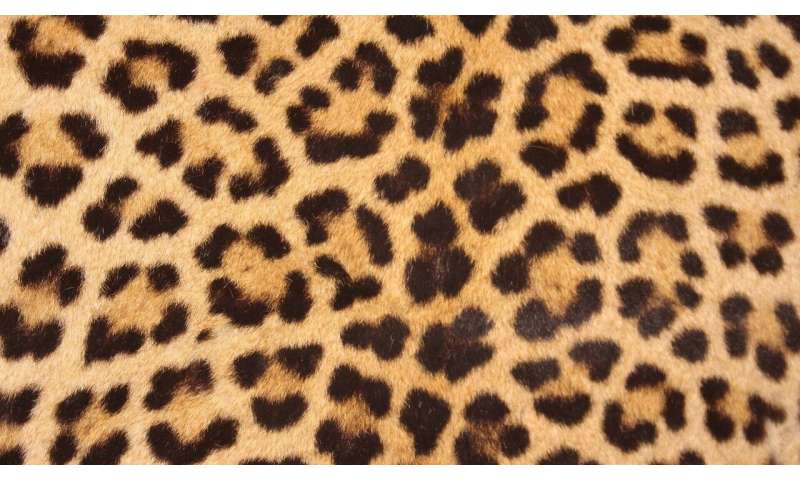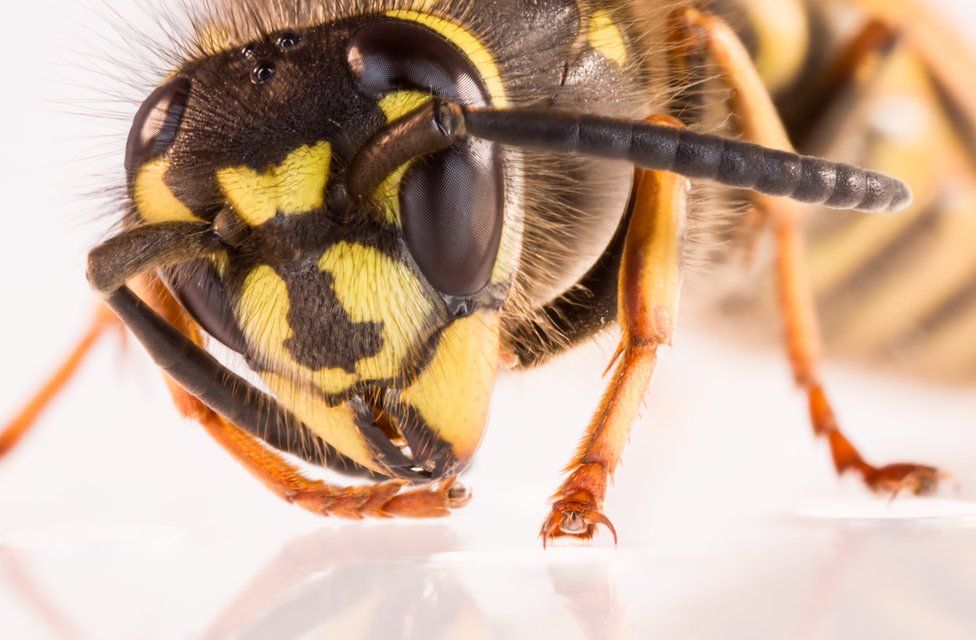 What could Azteca ants in coffee farms in Mexico have in common with leopards' spots and zebras' stripes?
What could Azteca ants in coffee farms in Mexico have in common with leopards' spots and zebras' stripes?Foodfarmnewstv
FADAMA 111 PROJECT ADDITIONAL FINANCING
Bestchange
Search This Blog
Labels
- News (459)
- Images speak (42)
- Press Release (39)
- livestock (31)
- FACAN (29)
- Editorial (25)
- GM (20)
- Seed (20)
- Biotechnology (19)
- wheat (16)
- Research (15)
- Cassava (14)
- AFAN (13)
- Global news (12)
- Special Report (12)
- Rice (11)
- Image Speaks (9)
- Maize (9)
- Soil (9)
- Yam (8)
- Bt cowpea (7)
- Coconut (7)
- Fertilizer (7)
- Cocoa (6)
- Disease (6)
- Ginger (6)
- Potato (6)
- World Soil Day (6)
- Animals (5)
- Apple (5)
- Oil Palm (5)
- Tomatoe (5)
- new (5)
- Cashew (4)
- Climate change (4)
- Fish (4)
- NCARD (4)
- Organic agric (4)
- World Food Day (4)
- Interview (3)
- National Council meeting on Agriculture. (3)
- Plant & genes (3)
- Plant genes (3)
- Project (3)
- Sesame (3)
- Shea butter (3)
- AI Research on Agriculture (2)
- Achia (2)
- African Cherry (2)
- Communique (2)
- Cotton (2)
- Extension services (2)
- Gene editing (2)
- HAPPY NEW YEAR (2)
- Horticulture (2)
- Insurance (2)
- Kenaf (2)
- Opinion (2)
- Sorghum (2)
- Sunflower (2)
- Tomato (2)
- Turmeric (2)
- bt cotton (2)
- seasons greetings (2)
- Artemesia (1)
- Biodiversity (1)
- Birds (1)
- Carrot (1)
- Discovery (1)
- Donkey (1)
- Facts sheets (1)
- Flash Flood (1)
- GES (1)
- GMO Rice (1)
- Garlic (1)
- Genetic (1)
- Groundnut (1)
- Jute bag (1)
- Locust bean (1)
- MERRY XMAS (1)
- Machinery (1)
- Mango (1)
- Milk (1)
- Okra (1)
- Post-harvest losses/ Food Waste (1)
- Presentation (1)
- Seaweed (1)
- Senate (1)
- Soybean (1)
- Tumeria (1)
- Walnut (1)
- flood (1)
- fruits (1)
- millet (1)
- water (1)
Total Pageviews
SPONSORED

Nigerian Institute of Soil Science- NISS
Translate Food Farm News to Hausa, Igbo, Yoruba and over 100 Languages
Latest News
Monday, 13 January 2020
Azteca ant colonies move the same way leopards' spots form
 What could Azteca ants in coffee farms in Mexico have in common with leopards' spots and zebras' stripes?
What could Azteca ants in coffee farms in Mexico have in common with leopards' spots and zebras' stripes?Sunday, 12 January 2020
Study sheds light on 'overlooked' bee species
 The UK's first citizen science project focusing on solitary, ground-nesting bees has revealed that they nest in a far broader range of habitats than previously thought.
The UK's first citizen science project focusing on solitary, ground-nesting bees has revealed that they nest in a far broader range of habitats than previously thought.EXCLUSIVE: FG set to revive agro aircrafts for pest, disease control
· Yet to pay locust forecast dues

The Federal Ministry
of Agriculture and Rural Development (FMARD) will soon resuscitate its moribund Agro Aviation unit to checkmate high contract cost being expended on
controlling the pest and other disease activities that have suffered set back
in the last twelve years just as the ministry is yet to pay any locust forecast
dues for about three decades.
Saturday, 11 January 2020
Why polar bears at sea have higher pollution levels than those staying on land
 As the climate changes, myriad animal populations are being impacted. In particular, Arctic sea-ice is in decline, causing polar bears in the Barents Sea region to alter their feeding and hunting habits. Bears that follow sea-ice to offshore areas have higher pollutant levels than those staying on land -- but why? A new study in ACS' Environmental Science & Technology reports the likely reasons.
As the climate changes, myriad animal populations are being impacted. In particular, Arctic sea-ice is in decline, causing polar bears in the Barents Sea region to alter their feeding and hunting habits. Bears that follow sea-ice to offshore areas have higher pollutant levels than those staying on land -- but why? A new study in ACS' Environmental Science & Technology reports the likely reasons.Friday, 10 January 2020
Plant researchers examine bread aroma: Modern and old wheat varieties taste equally good
 The scientists compared taste and aroma of different breads baked in close cooperation with an artisan baker and a miller using flour from old as well as modern wheat varieties. In the journal Food Research International the research team now also describes how it can predict not only the taste but also other characteristics of bread using molecular biological approaches.
The scientists compared taste and aroma of different breads baked in close cooperation with an artisan baker and a miller using flour from old as well as modern wheat varieties. In the journal Food Research International the research team now also describes how it can predict not only the taste but also other characteristics of bread using molecular biological approaches.Thursday, 9 January 2020
Large atmospheric waves in the jet stream present risk to global food production

In a new study published today in Nature Climate Change, scientists show how specific wave patterns in the jet stream strongly increase the chance of co-occurring heatwaves in major food producing regions of Northern America, Western Europe and Asia.
Wednesday, 8 January 2020
Trashed farmland could be a conservation treasure
 Low-productivity agricultural land could be transformed into millions of hectares of conservation reserve across the world, according to University of Queensland-led research.
Low-productivity agricultural land could be transformed into millions of hectares of conservation reserve across the world, according to University of Queensland-led research.EXCLUSIVE: Researchers want trade incentive, others for organic farming in WA
The Economic Community of West
African States (ECOWAS) and National Ministries of Trade in the member countries
have been called upon by economic researchers to give special incentive to
export of organic produce in Africa with other supportive measures.
Tuesday, 7 January 2020
Experts unlock key to photosynthesis, a find that could help us meet food security demands
 Scientists have solved the structure of one of the key components of photosynthesis, a discovery that could lead to photosynthesis being 'redesigned' to achieve higher yields and meet urgent food security needs.
Scientists have solved the structure of one of the key components of photosynthesis, a discovery that could lead to photosynthesis being 'redesigned' to achieve higher yields and meet urgent food security needs.Monday, 6 January 2020
Ancient Egyptians gathered birds from the wild for sacrifice and mummification

In ancient Egypt, Sacred Ibises were collected from their natural habitats to be ritually sacrificed, according to a study released November 13, 2019 in the open-access journal PLOS ONE by Sally Wasef of Griffith University, Australia and colleagues.
Subscribe to:
Posts (Atom)





